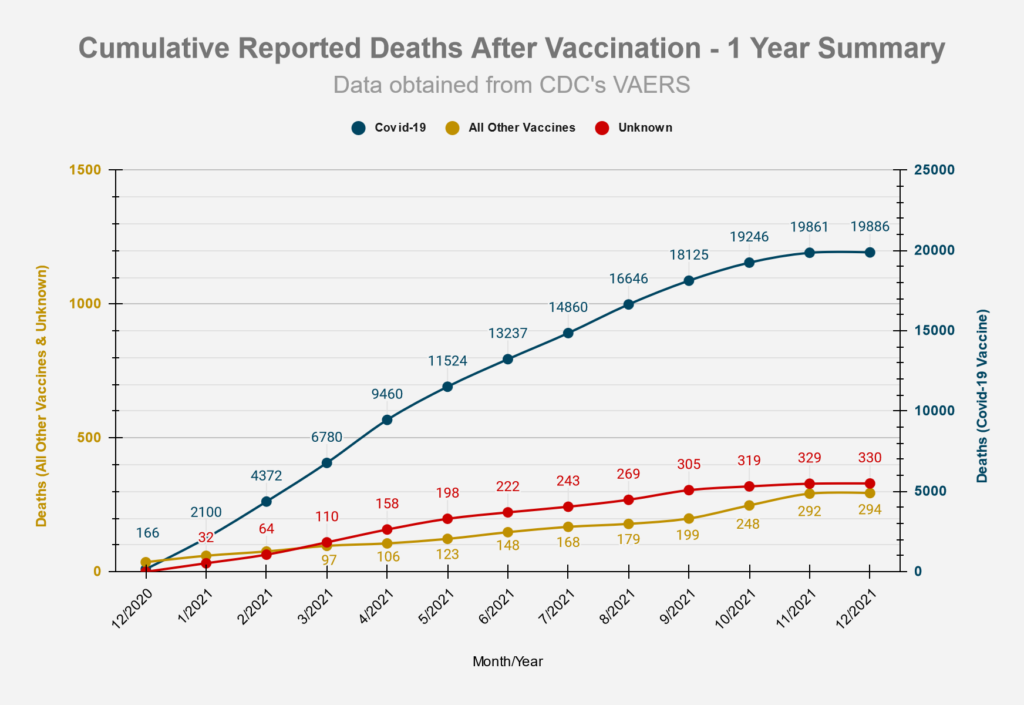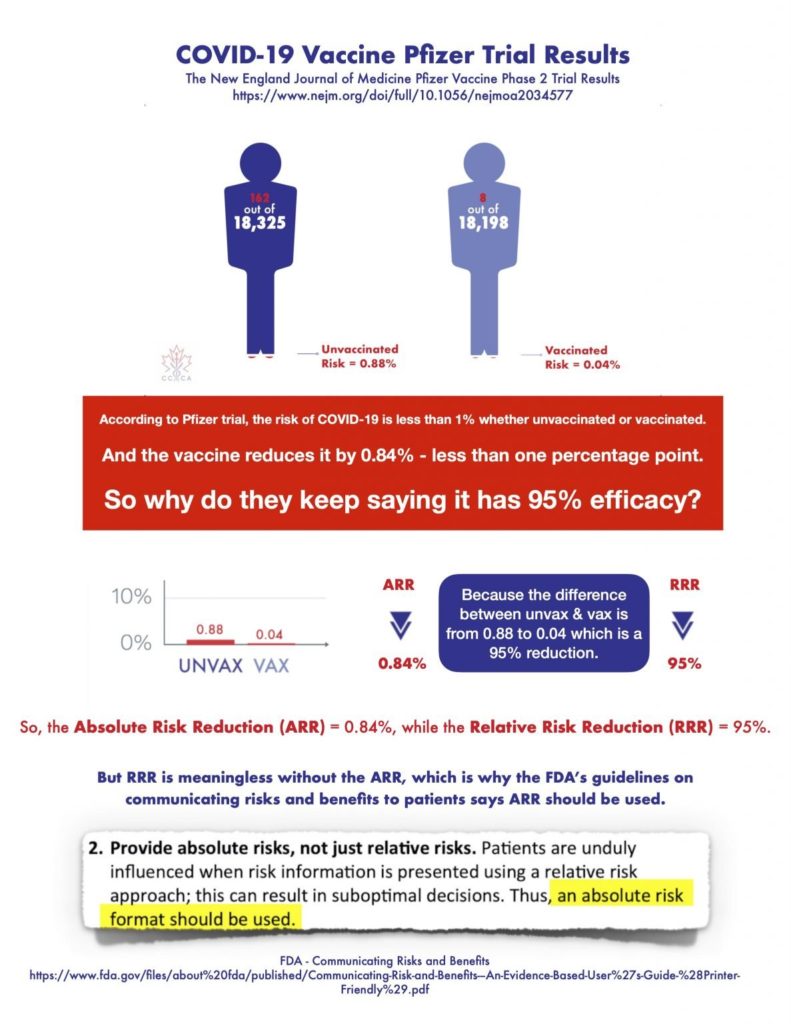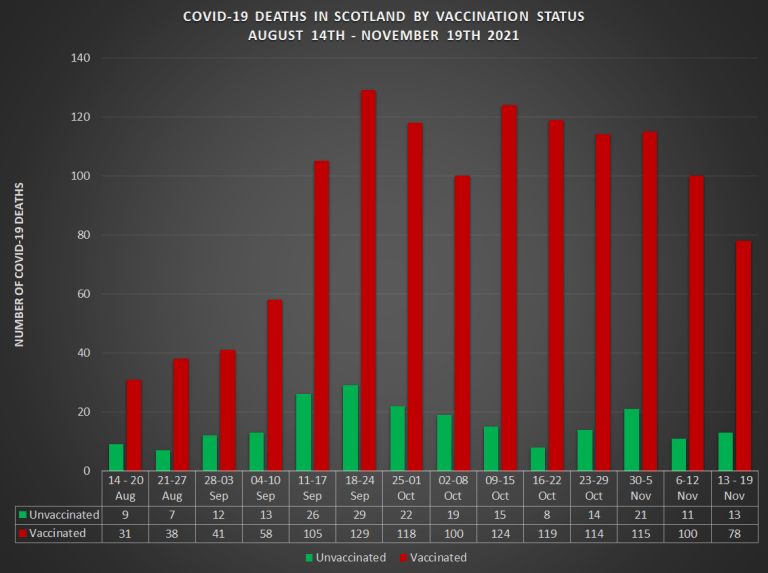
The NSCLA takes the position that vaccines are a personal choice. We are neither pro or anti vaccine. Our goal is to advocate for people's right to informed consent and to make the decision that is right for them based on their situation, and based on having robust information pertaining to all elements of the decision making process. The NSCLA
is happy for anyone to choose to be vaccinated against COVID-19 as long as the choice is informed, not based on bias or partial information and not coerced under threat of severe consequences such as loss of employment. The NSCLA also stands firmly behind those who choose to remain unvaccinated. Not because we are against vaccines, but because we believe firmly in a person's right to bodily autonomy and freedom to choose which medical interventions they wish to undergo, without the threat of consequences. Informed consent and freedom of choice is foundational to our democracy and these fundamental rights are especially important during times of crisis.

The COVID-19 vaccines currently in use across Nova Scotia are manufactured by Pfizer (Comirnaty) and Moderna (Spikevax). They are widely touted as being safe for use in ages 12+ (soon to be 5+) and with people of all health profiles including those with compromised immune systems, those who are pregnant or trying to get pregnant as well as those who are breast feeding. The vaccines are also said to be highly effective at preventing both infection and transmission of the virus as well as reducing the likelihood of severe symptoms.
Let us take a look at the available science as it pertains to the safety and efficacy of the currently available vaccines.
SAFETY
Antibody Dependent Enhancement (ADE)
Simply put, ADE is raising antibodies that don't protect, but actually make a viral infection even worse. This means that when a vaccine provides non-neutralizing antibodies, which are those that do not completely disrupt the function of the virus (aka do not fully prevent infection and transmission), they can actually make an infection worse. Recent studies explain how this is a risk for any vaccine that relies on antibodies as oppose to T-Cell immunity, and how that relates to the current COVID-19 vaccines. As the virus continues to mutate, the risk of ADE increases, such that mass vaccination using a formula that was developed with a different strain, when a new strain is dominant (Delta), could be having serious implications.
https://www.journalofinfection.com/article/S0163-4453(21)00392-3/fulltext
https://www.ncbi.nlm.nih.gov/pmc/articles/PMC7943455https://pubmed.ncbi.nlm.nih.gov/33113270
Cardiac Adverse Events (CAE)
A brand new study out of the University of California has assessed the risk of CAE (myocarditis, pericarditis and myopericarditis) post COVID-19 vaccination. The results of the study are that males aged 12-15 are most at risk of a CAE post vaccination. The risk for this demographic is 1:6165 after 2 doses of vaccine. Males aged 16-17 have a risk of 1:10638. Females in the same age group are at far less risk of post vaccination CAE at a rate of about 1:75000. For context, in Canada we stopped using Astra Zeneca due to the risks of blood clotting, which were about 1:50000 across all ages.
For males aged 12-15 the risk of CAE post vaccination is up to 600% higher than their risk of hospitalization from COVID-19 itself and up to 350% higher for males aged 16-17. Also worth noting is that this study was only looking at CAE and not other adverse events or deaths related to the vaccines. This is also important because it is clear that risks of CAE post vaccination increase significantly as age decreases, and with approval of the 5-11 age group, this needs immediate attention.
These results are consistent with recent data published by Public Health Ontario which now recommends against 18-24 year olds (Moderna isn't approved for under 18 currently) receiving the Moderna vaccine. This is a result of the risk of CAE post Moderna vaccination in males 18-24 being 1:5000. Finland, Sweden, Norway and Denmark have also recently halted the use of Moderna in males under 30 due to the risks of these side effects. They are still recommending vaccination with Pfizer, however, even though the risk of CAE for males in this age group is 1:28000, which is far from insignificant. What is missing from this conversation, is the fact that Moderna was recently fully approved by Health Canada and deemed safe for all age groups, yet we now have Provinces and countries around the world restricting usage on certain demographics due to safety data. This is data we should have already had before injecting millions of people and is why long term safety data is vital to new medical treatments.
Nova Scotia Adverse Events
A recent Nova Scotia Freedom of Information Request 2021-01590-HEA regarding adverse events to COVID-19 spawned a Saltwire article on the same subject. As a result, the Nova Scotia Government has recently started publishing this data publicly. The latest report includes vaccine adverse events in Nova Scotia from December 2020 through November 30, 2021. There have been 112 officially reported serious adverse events and 522 non-serious events. These are only ones that were officially reported and accepted as resulting from a COVID-19 vaccine. A serious event is one that is defined by NS Public Health as requiring hospitalization or resulting in permanent disability or death. A non-serious event is any other event which does not require hospitalization, but is outside the expected potential mild reactions (such as site soreness) and was worthy of the onerous process of reporting an AEFI (adverse event following immunization) by a Doctor.
Of the 112 serious events, 101 resulted in hospitalization, 1 resulted in permanent disability and 10 resulted in death that was unable to be attributed to another cause. 1:14500 doses, or 1:7250 people vaccinated with 2 doses, or 1:4800 people vaccinated with 3 doses in Nova Scotia have experienced a serious adverse event from a COVID-19 vaccine. Around 1:1550 people vaccinated with 2 doses have experienced a less serious event. Again, for context, Astra Zeneca is no longer used due to the risk of blood clots being about 1:50000, Moderna is no longer recommended in Canada for use in the under 30 demographic due to the risk of cardiac adverse events and the 1976 Swine Flu vaccination campaign was halted in the United States after 25 deaths were linked. In 2020, it was recommended that people not take an influenza vaccine in Nova Scotia due to 3 serious adverse events.
It's also worth noting that the rate of adverse events for Moderna (1:9000 doses) and Astra Zeneca (1:10000 doses) vaccines appear to have more than twice the rate of serious adverse events across all age groups compared to Pfizer (1:20000 doses).
A recent FOIPOP shows that the rate of serious adverse events in children aged 12-19 in NS is greater than 1:3900, yet there have been 0 hospitalizations due to COVID-19 for this age group in Nova Scotia. See our recent post on the subject.
Canada Adverse Events
The results above from Nova Scotia are consistent with the nationwide results as reported by Health Canada. Up to December 3, 2021 Canada has administered about 61.5 million doses of COVID-19 vaccine and officially reported 6581 serious adverse events. Assuming a 2 dose course, that puts the risk of a serious adverse event at 1:4600. There have been 22224 non-serious events, which is a rate of about 1:1350.
UK Vaccine Deaths
On June 9, 2021 the Director of the Evidence-based Medicine Consultancy Ltd in the UK, penned a letter to the Medicines and Healthcare Products Regulatory Agency (MHRA) with their findings of an analysis of the UK Yellow Card data (similar to VAERS in the United States, it's a system that tracks adverse events for vaccines). The entire report is provided for you to read, but the basic conclusion is that 1253 deaths occurred attributed to a COVID-19 vaccine up to May 26, 2021, at which time 39 million people had received at least one dose of vaccine in the UK, 24 million having received both doses. This results in a death rate of 1:31125 for anyone who has received at least one dose.
USA Vaccine Deaths
Below you'll note a basic graphical representation of annual vaccine related deaths attributed to all publicly available vaccines in the United States since 1990 as reported to VAERS, the vaccine adverse events reporting system. It's also widely accepted that only about 1% of adverse events are typically captured within this system. 2021 has more vaccine attributed deaths than each of the last 30 years combined. As of December 3, 2021, about 477.5 million doses of vaccine have been given in the United States. As per VAERS, up to December 3, 2021, 19886 deaths have been reported as attributed to the vaccine. This results in a death rate of about 1:24000 doses, or 1:12000 people assuming a 2 dose regimen. For context, as per VAERS, the death rate from the Influenza vaccine is better than 1:5000,000 doses.


EFFICACY
The Missing Context Behind the Claim of 95% Efficacy
The same is true for all current vaccines approved for use in Canada, but here the focus is on Pfizer since it is the most common vaccine in circulation. The 95% efficacy claim is a prime example of how the truth can be blurred using statistics and leaving out context. Half truths and assertions missing significant context can have serious consequences, especially during a pandemic with a mass vaccination campaign aiming to vaccinate billions of people globally. Let's delve into the claim of 95% efficacy and ensure the full context is given.
The first point to make is that this claim comes directly from Pfizer's clinical trials, which consisted of about 18000 vaccinated people, which in and of itself is problematic to have such a small trial group when vaccinating billions is the goal. Many serious reactions would be unlikely captured within this study if their prevalence is less than 1:18000. This study in The Lancet medical journal does a great job of detailing where the 95% figure comes from, but let's provide a short summary. Where the main context is missing is around Relative Risk Reduction (RRR) vs Absolute Risk Reduction (ARR). The touted 95% is RRR. That is, it's measuring the reduction in risk of one group vs another group based on one variable, but without any consideration for the incidental risk to the population at large. Risk is defined as symptomatic COVID-19. The two groups are individuals that have either received the vaccine or not.
In the placebo group (no vaccine), 162 symptomatic infections were confirmed in the 18000 participants (0.88%) vs 8 in the control group of 18000 vaccinated participants (0.04%). RRR is calculated as follows: (0.88-0.04)/0.88 = 95%. However, the risk of even contracting COVID-19 to begin with has to be an integral part of any conversation when talking about risks of the virus vs risks and benefits of a treatment. That is where ARR comes in.
ARR is calculated as an absolute number rather than a percentage. It's simply 0.88-0.04 = 0.84%. This accounts for the overall risk of catching COVID-19. Even without any vaccine, the risk of symptomatic COVID-19 is already low at just 0.88%. This context is important, as every individual should be able to weigh the pros and cons of getting vaccinated vs the risks of the disease itself. If people understood the vaccine is only reducing risk from a relatively low 0.88% to begin with, some people might have decided differently as to whether the risks associated with the vaccines are worth that small reduction in absolute risk of infection. This is the basis of informed consent.

Number Needed to Vaccinate (NNV)
Building off the information above, to round out the conversation around vaccine efficacy we must discuss NNV. In the context of COVID-19, NNV references the number of people needed to be vaccinated in order to prevent a symptomatic case of COVID-19. NNV is based on ARR and is highly sensitive to the incidental risk to the population at large. Based on Pfizer's trial results, their NNV is 119, which means 119 people need to be vaccinated to prevent one symptomatic case of COVID-19. As vaccine efficacy wanes due to emerging variants such as Delta, the NNV will increase significantly, requiring more and more people to be vaccinated to prevent one case of COVID-19.
Vaccination Rate vs Covid Prevalence
A new study published September 30, 2021 looked at vaccination rates in 68 countries and 2947 counties in the United States. This was compared to a recent 7 day stretch of new case data and found that there was absolutely no correlation whatsoever between vaccination rates and new cases of COVID-19. In other words, higher vaccination rates is in no way related to a reduction in new COVID-19 cases. "At the country-level, there appears to be no discernable relationship between percentage of population fully vaccinated and new COVID-19 cases in the last 7 days. In fact, the trend line suggests a marginally positive association such that countries with higher percentage of population fully vaccinated have higher COVID-19 cases per 1 million people. Notably, Israel with over 60% of their population fully vaccinated had the highest COVID-19 cases per 1 million people in the last 7 days. The lack of a meaningful association between percentage population fully vaccinated and new COVID-19 cases is further exemplified, for instance, by comparison of Iceland and Portugal. Both countries have over 75% of their population fully vaccinated and have more COVID-19 cases per 1 million people than countries such as Vietnam and South Africa that have around 10% of their population fully vaccinated."
Vaccination Effect on Transmission of Delta Limited, Short Lived
A study published earlier in 2021 looked at vaccines ability to prevent onward transmission. The vaccines ability to prevent transmission of Delta is just half what it's ability was with Alpha. As a baseline, the chances of an unvaccinated person who is infected with Delta, passing the infection onwards to an unvaccinated close contact is about 67%. Someone who is 14 days post 2nd Pfizer dose, and has a breakthrough Delta infection, has a 42% chance of passing on that infection to an unvaccinated close contact. After 3 months, that chance increases to 58%. The purpose of vaccine mandates is hedged on the assumption that vaccinated people's ability to spread the virus is significantly lower than that of unvaccinated people. One has to ask themselves, do these figures line up with the segregation of society and reduction in civil liberties we are witnessing?
Effectiveness of Covid-19 Vaccination Against Risk of Symptomatic Infection, Hospitalization, and Death
A new study in pre-print with The Lancet is perhaps the most robust to date, including over 1.6M people in Sweden over a 9 month period. the conclusion is:
"Vaccine effectiveness against symptomatic Covid-19 infection wanes progressively over time across all subgroups, but at different rate according to type of vaccine, and faster for men and older frail individuals. The effectiveness against severe illness seems to remain high through 9 months, although not for men, older frail individuals, and individuals with comorbidities."
Robust protection against severe outcomes doesn't persist and wanes quickly for those who need it the most. This Substack gives an excellent detailed analysis of this study including lots of graphs and data breakdown.
Vaccine Efficacy in Scotland
Based on data from Public Health Scotland, about 9 in 10 COVID-19 related deaths since August 2021, are in fully vaccinated people.
